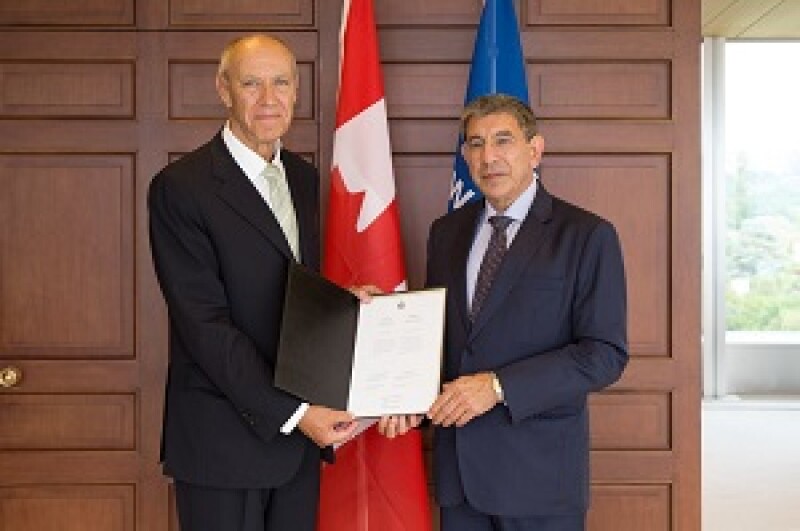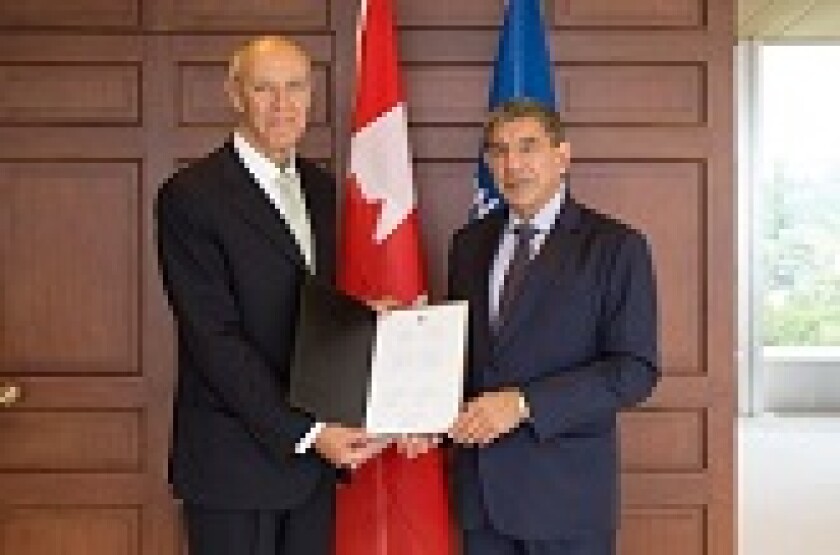
Canada has become the key 20th nation to accede to the Marrakesh Treaty to Facilitate Access to Published Works for Persons Who Are Blind, Visually Impaired or Otherwise Print Disabled. This means the treaty will come into force on September 30, three months after Canada’s accession. WIPO Director General Francis Gurry hailed it as great news for people with visual impairments and for the multilateral intellectual property system, and urged other countries to ratify the treaty.
“The Marrakesh Treaty will, when widely adopted throughout the world, create the framework for persons who are blind and visually impaired to enjoy access to literacy in a much more equal and inclusive way,” he said.
Canada’s accession was preceded a day earlier by Ecuador and Guatemala. Latin American countries make up half of the contracting parties so far.
India was the first country to ratify on June 30 2014.
More than 75 WIPO member states have signed the treaty. It was adopted on June 27 2013 at a diplomatic conference organized by WIPO and hosted by the Kingdom of Morocco in Marrakesh.
The 20 countries to ratify or accede so far are: India, El Salvador, United Arab Emirates, Mali, Uruguay, Paraguay, Singapore, Argentina, Mexico, Mongolia, Republic of Korea, Australia, Brazil, Peru, Democratic People’s Republic of Korea, Israel, Chile, Ecuador, Guatemala and Canada.

What Marrakesh will do
The Marrakesh Treaty requires contracting parties to adopt national law provisions that permit the reproduction, distribution and making available of published works in accessible formats – such as Braille – through limitations and exceptions to the rights of copyright rightholders.
It also provides for the exchange of these accessible format works across borders by organisations that serve the people who are blind, visually impaired, and print disabled. It will harmonize limitations and exceptions so that these organizations can operate across borders.
This sharing of works in accessible formats should increase the overall number of works available because it will eliminate duplication and increase efficiency.
The treaty is also designed to provide assurances to authors and publishers that that system will not expose their published works to misuse or distribution to anyone other than the intended beneficiaries. The treaty reiterates the requirement that the cross-border sharing of works created based on limitations and exceptions must be limited to certain special cases which do not conflict with the normal exploitation of the work and do not unreasonable prejudice the legitimate interests of the rightholder.










